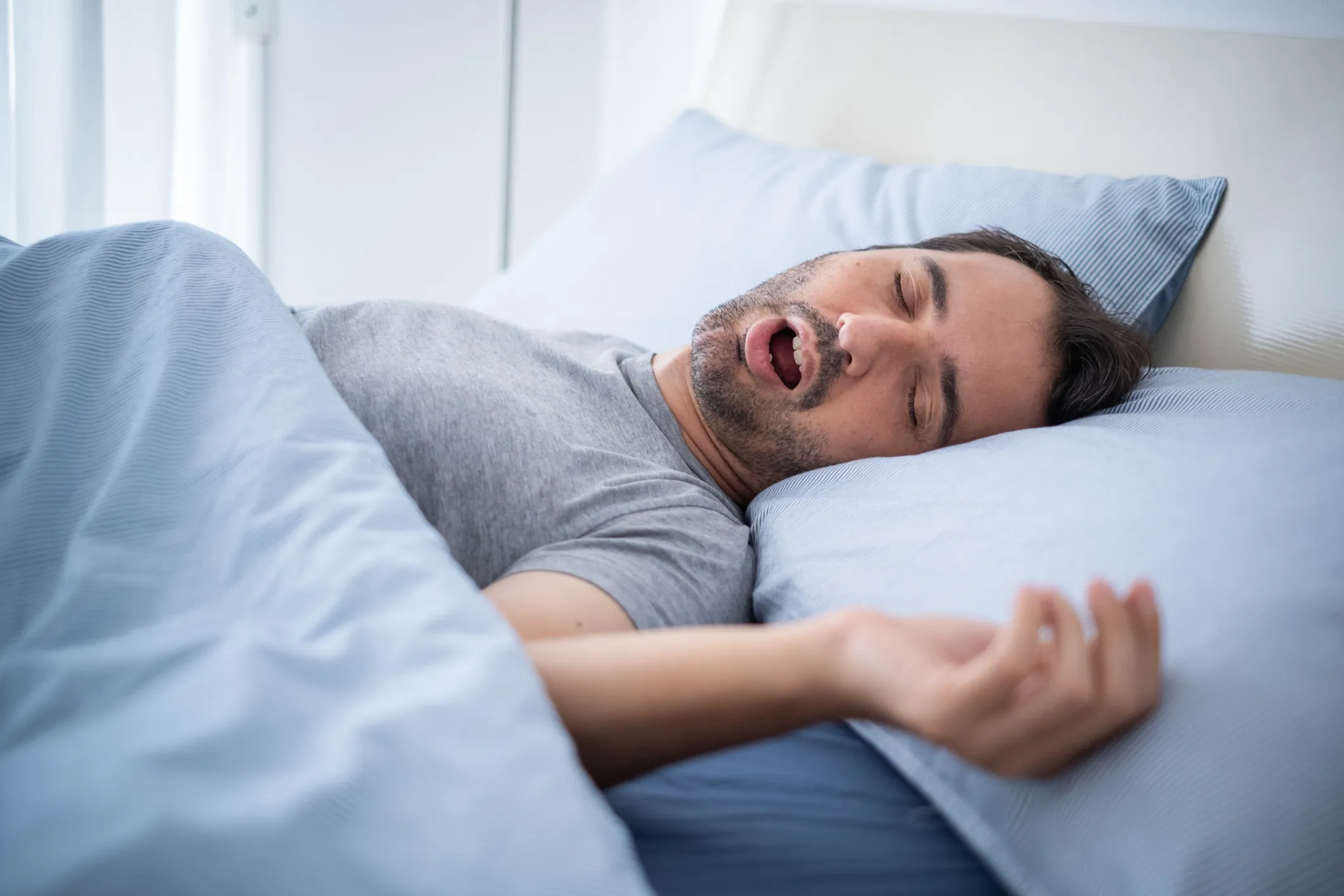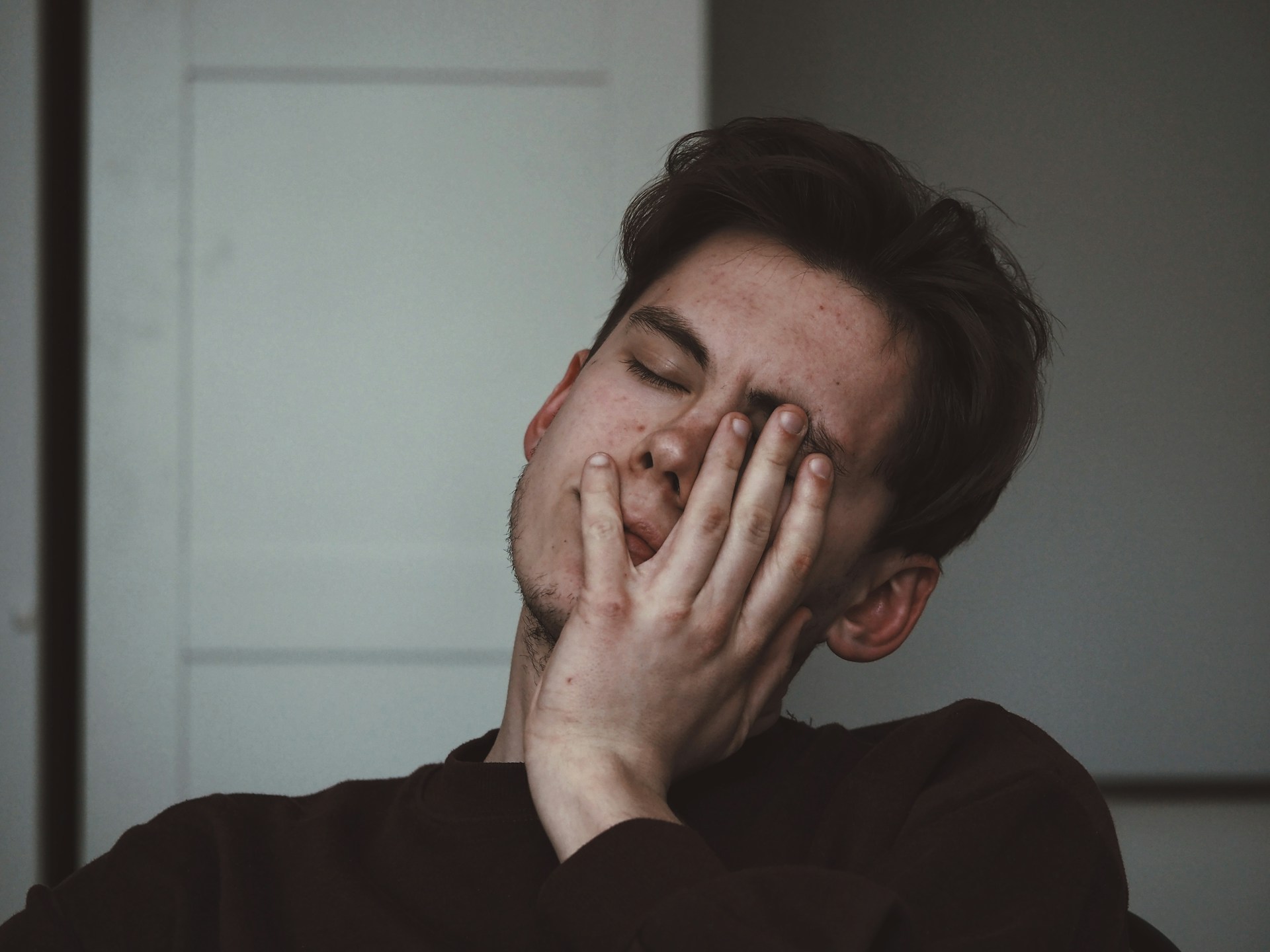Welcome to the
Dreamwell Center



%201.svg)
Locations & Opening Hours

Our Services In Panama City Beach



Our Doctors
How we serve you better

Testimonials
Blog
FAQ

Sleep apnea is a serious sleep disorder characterized by repeated interruptions in breathing during sleep. These interruptions can lead to poor sleep quality and a range of health issues. Common symptoms include loud snoring, gasping for air during sleep, excessive daytime sleepiness, morning headaches, and difficulty concentrating. If you suspect you have sleep apnea, it's important to get evaluated by a healthcare professional who may recommend a sleep study for a definitive diagnosis.

We administer a home sleep study with a ring that connects to your smartphone and collects data that will be interpreted by a sleep physician. During these studies, a variety of factors such as breathing patterns, oxygen levels, and sleep stages are monitored to accurately diagnose sleep apnea and assess its severity. This comprehensive analysis helps us tailor effective treatment plans for each individual.

We offer several treatment options tailored to the severity and specific needs of our patients. One popular option is oral appliance therapy, which involves a custom-fitted device worn during sleep to keep the airway open. This alternative is suitable for mild to moderate obstructive sleep apnea and can be a comfortable option for those who struggle with CPAP (Continuous Positive Airway Pressure) machines. For those requiring or preferring alternative treatments, we offer guidance on lifestyle modifications and positional therapy, among other solutions. We also do the following, when appropriate: laser treatment to remodel the soft tissue to open the airway, use orthopedic appliances to remodel the bone and soft tissue, and/or use myofunctional therapy when needed with a tongue tie release.

Oral appliances are a less invasive option compared to CPAP machines and are often preferred by patients who find CPAP masks uncomfortable or disruptive to their sleep. They are portable, silent, and easy to maintain. Our team works closely with patients to ensure the chosen treatment provides maximum comfort and efficacy. There are many types of oral appliances used in the treatment of OSA; what’s unique about our office is we offer orthopedic growth and development appliances that remodel the hard and soft tissue and enable the patient to overcome the sleep apnea and no longer need the CPAP machine.

To reduce CPAP dependency by addressing the root causes of sleep apnea, implement a comprehensive approach including weight loss (even 10% can significantly reduce symptoms), regular exercise, sleep position training (avoid back sleeping), alcohol and sedative avoidance especially before bedtime, consistent sleep schedule, nasal breathing exercises, treating nasal congestion, and myofunctional therapy to strengthen oral muscles. Consult your sleep specialist before making any changes to your CPAP usage, as underlying anatomical issues or severe apnea may require continued therapy or surgical intervention, and only discontinue use under medical supervision with follow-up sleep studies to confirm improvement.






.jpg)

























